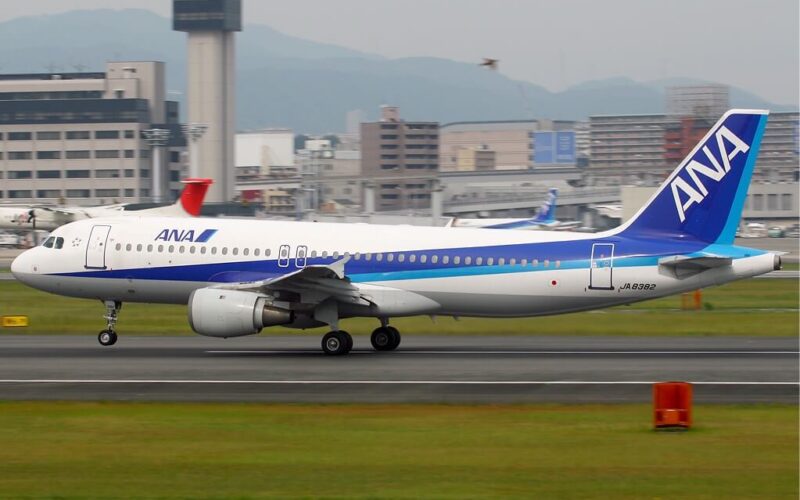ANA Holdings (ALNPY), a parent company of the major Japanese airline All Nippon Airways, reported a severe net loss of $2.96 billion during the period from April to December 2020.
On January 20, 2021, ANA Holdings (ALNPY) posted a record net loss of $2.96 billion, which the air carrier suffered from April to December 2020. In comparison to the same period in 2019, when the company gained a net profit of $825 million, the recent financial performance appears to be the deepest loss since the global financial crisis in 2009.
According to the latest financial report, the global travel restrictions resulted in a severe plunge in ANA’s revenue by 66.7% in comparison to 2019 levels. As for international services, during the eight months, the company’s revenue decreased by 93.6% to $3.08 billion while the passenger numbers dropped by 95.9% compared to the same period in 2019. Meanwhile, the demand for domestic operations fell by 71.7% to $1.49 billion after the number of passengers dropped by almost 72% to 9.91 million.
Having experienced a record net loss, the company had previously expected that the demand for domestic flights would recover to 70% while international flights would revive to 50% of pre-pandemic levels by March 2021. However, Ichiro Fukuzawa, the Executive Vice President of ANA, noted that the recovery would take longer as the outlook for travel demand remains uncertain despite that the global vaccination process has already started.
“We are neither overly conservative nor optimistic about the outlook [for 2021],” Fukuzawa was quoted in the statement.
In 2020, the Japanese government launched a subsidy program to help struggling local tourism but was forced to suspend it in late December due to resurging coronavirus cases. Travel demand normally increases in Japan during the New Year holidays from late December to early January.
In order to stay afloat, ANA continues on its restructuring plan and aims to reorganize the fleet by accelerating a withdrawal of Boeing 777 planes, which are suitable for long-haul operations. In addition, the company has already secured subordinated loans from major Japanese banks and seeks to cut its fixed costs by a total of $2.38 billion in FY2021.

